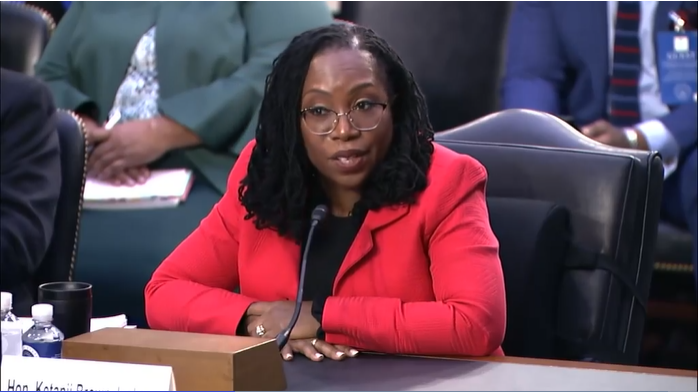
When she was nominated for a place on the U.S. Supreme Court, I did not expect the confirmation of Judge Katanji Brown Jackson to offer crucial insights into the importance of educational freedom. It just did not seem to be a part of the buzz around her nomination. I am glad I was wrong.
As Center for Educational Freedom research associate Solomon Chen highlighted earlier, Judge Jackson’s response to Sen. Ted Cruz’s (R‑Texas) line of questioning about “critical race theory” in the curriculum of Georgetown Day School (GDS), on whose board Jackson sits, led Jackson to explain that CRT at the school is not a problem.
Why? Because, as a private school, people freely choose it — CRT is imposed on no GDS family.
But Jackson’s answer, which I only saw in full yesterday afternoon, offers more than that essential understanding. It is a powerful reminder that freedom enables people to overcome terrible things that government may impose on its institutions. In the case of GDS, racial segregation in District of Columbia public schools.
Jackson’s response to Sen. Cruz should be watched in full:
To view the video and to continue reading, click here.


